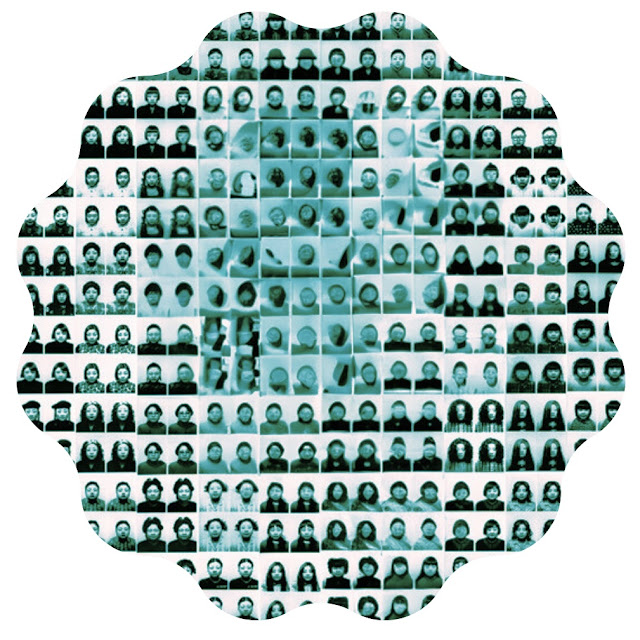Opinions and Professional Identity
In our professional world, we are often defined by a set of characteristics: profession, abilities, competencies, experience, talents - as if that is all that makes us who we are. But our identity as professionals is an evolving, complex and layered fabric that is about who you are, where you came from, where you are moving to, what drives you and what characterizes you.
Experiencing a strong identity
In general, we see ourselves as fairly consistent beings. We see ourselves as unique, with a past and a future, and recognize both our differences and shared characteristics with others. As human beings, we have a central sense of self by which we relate to our environment.
But what happens when we enter a new, feeling a bit different organization with that stable and comfortable professional identity? Then we are confronted with questions such as:
- Am I actually who I believe I am?
- To what extent is my identity influenced by how others see me, changing with each encounter and experience?
- Is my sense of self a construct constantly negotiated within organizational identity, culture and social relationships?
Stories we tell ourselfs
Sometimes we find ourselves in situations that challenge even the most rooted identity. As professionals, we can suddenly feel confused and uncertain, forcing us to reconsider what our professional identity really means.
A personal experience
Recently, I was confronted with a circumstance where a judgment was imposed upon me. I was shattered by this judgment, which was both specific and limiting.
However, I found this particular "you are so-and-so" judgment very offensive. These words threw me off balance, and I thought long and hard about why. This is particularly pertinent as I strongly advocate for the importance of reflection, learning, and growth, as well as the ability to fall and rise again.
Thesis
And I found a thesis: a judgment (made too quickly) distorts the complex reality of the moment into a false and enduring truth. With judgment you ignore all that is visibly and invisibly at play in the moment of the situation. With judgment you take the person out of the context of his identity (you are…) and fix the other person with your opinion in the event of that moment. Judgment simplifies and reduces reality to something it is not.
When we judge (too quickly), we often skip several steps in understanding what is really going on. We don't look deeper or investigate further. If we did, judgment would likely disappear, replaced by understanding of the systemic reality.
I don't think we should label eachother as meddlesome, worthless, coersive, autocratic, lazy or insecure. In reality, we all hold each other prisoner in specific behavior in complex systems.
Let's give ourselves the space to see beyond the surface, to embrace complexity and cultivate understanding. Our professional identity is a dynamic journey, and we are all more than the summary labels others sometimes impose on us.



Comments
Post a Comment